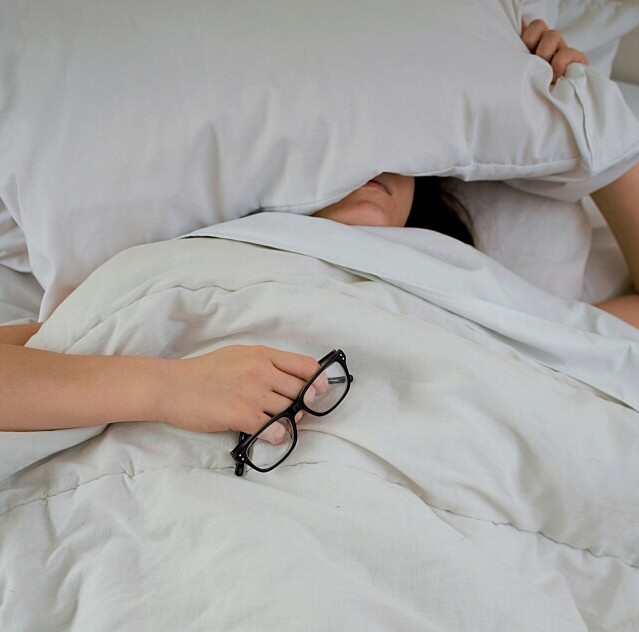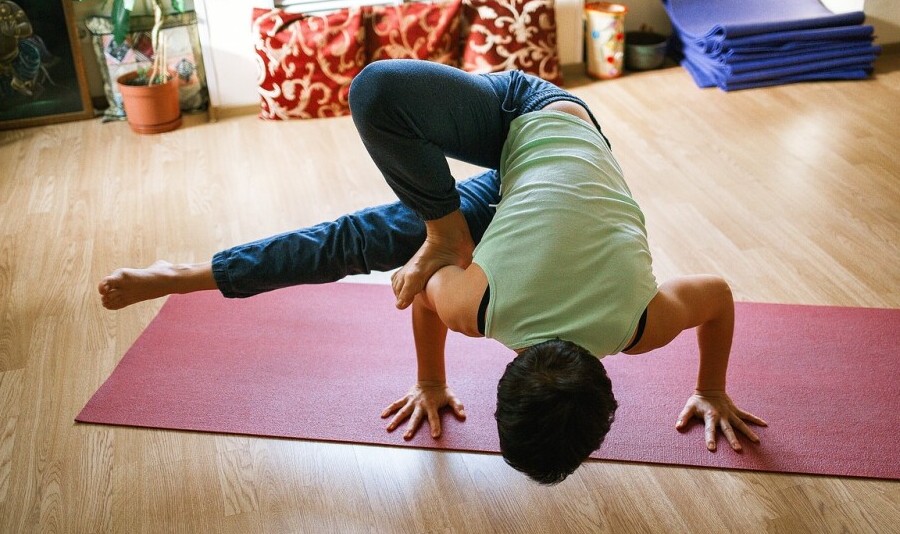Ever wonder why after a sleepless night, you’ve got cravings for everything sugar-laden and greasy? Turns out, how long you sleep—or don’t—has quite a bit to do with how effectively you can regulate your body weight. It’s not just about calorie counting and gym reps. Sleep is like the secret ingredient that keeps your metabolism humming smoothly.
Hormones play a big role in making you want to snack on those cookies at midnight. Ghrelin and leptin, the hormones responsible for hunger and fullness, go haywire when you’re sleep-deprived. Less sleep means more ghrelin—your ‘I’m hungry’ hormone—and less leptin, the ‘I’m full’ signal. So yes, fewer winks mean more munchies.
Your body craves consistency, especially when it comes to sleep. Regular sleep patterns keep your metabolism stable, preventing the sorts of unpredictable energy spikes and crashes that can lead to unwanted weight gain. When you’re clocking in between seven and nine hours of sleep nightly, it supports sustainable weight management.
Beyond trimming pounds, getting adequate sleep has some serious long-term health perks. Consistent sleep is linked to a healthier heart and lower risks of certain chronic illnesses. So really, it’s not just about shedding a few pounds here and there. Sleep supports your overall wellness journey, no doubt about it.
How Sleep Influences Muscle Growth and Repair
When chasing gains and pushing limits in the gym, don’t overlook the power of a good snooze. Deep sleep cycles are like your personal muscle recovery crew, working behind the scenes when you’re off in dreamland. During this time, your body gets busy repairing and growing those muscles you’ve been working hard to build up.
Sleep is when your body’s natural construction team kicks into high gear. Profound rest stages are where protein synthesis happens—the body’s way of taking proteins from your meals and using them to rebuild muscle fibers. So, those hours spent asleep are pretty much your body’s muscle-building hours without lifting a finger.
Don’t underestimate the magical window when REM (Rapid Eye Movement) sleep kicks in. It’s not just the cool phase when dreams get vivid; it’s also crucial for muscle recovery. This stage helps in enhancing the body’s ability to repair tissues, making sure you’re strong and ready for that next workout.
Pairing good sleep practices with a solid nutrition plan maximizes your whole potential. Getting in those essential nutrients during the day fuels your body’s repair processes at night. When sleep and diet work hand in hand, your muscles get to recover optimalely, setting you up for greater strength next time.
Strategies to Enhance Sleep Quality for Optimal Health
You know how sometimes just a simple tweak can change everything? That’s how sleep hygiene works for getting better rest. Simple habits like sticking to a routine bedtime and waking up the same time every day—even on weekends—can seriously level up your sleep quality.
Ever find yourself scrolling through your phone in bed? The blue light from screens can actually mess with your internal clock, tricking your brain into thinking it’s daytime. Dimming those screens or cutting back on screen time an hour before bed can help signal to your body that it’s time to wind down.
Feeling restless? Maybe it’s time to look into natural sleep aids. Herbal teas like chamomile or supplements such as magnesium might help you relax into a deeper sleep, aiding those recovery processes we all need.
Creating a sleep-friendly environment also plays a big role. Think comfy mattresses, blackout curtains, and a cool room temperature. All these factors combine to invite a good night’s rest, letting you wake up refreshed and ready to tackle your health goals.
Consistency is key. So integrating these practices regularly can make all the difference, not just in how well you sleep, but in how effectively your body works towards weight loss and muscle recovery.
Overcoming Common Sleep & Weight Loss Obstacles
We all hit those roadblocks on the way to dreamland, right? Sleep disorders, like insomnia or sleep apnea, can really mess with your weight loss journey. Getting these issues checked out by a professional can be a game changer. Addressing them not only improves sleep but also boosts your overall health.
If you’re finding it tough to strike a balance between workouts and rest, remember: Rest days are just as important as lift days. Your body needs time to recover, so pencil in those rest days like gold. It’s not about always doing more, but about doing what you do effectively.
Creating the perfect sleep environment can sometimes feel like a task, but it’s so worth it. Look at reducing noise, playing some white noise, or even just ensuring your bed is comfy. Little changes can add up to big improvements in how easily you drift off.


Feeling stressed about not sleeping is so common, but don’t let it become a source of tension. Mindfulness practices like yoga or meditation can clear your mind before bed, helping you fall asleep and stay asleep more easily. It’s about giving your brain a chill zone after a hectic day.
Remember, improving sleep takes a bit of trial and error. Find what works for you and stick with it. Over time, you’ll build a routine that not only helps you sleep better but also supports your weight loss and muscle recovery goals effortlessly.

Wow, this article really hits home! I’ve noticed on my own that when I don’t get enough sleep, my cravings go crazy and workouts feel way harder. Have you ever noticed how a bad night’s sleep makes you crave junk food the next day?
It’s cool to see how much sleep actually affects weight loss and muscle recovery—not just diet and exercise. Definitely making better sleep a priority now! What’s your go-to trick for winding down and getting better sleep after a busy day?
Hi, Elena. I have noticed how I crave things I really shouldn’t have and don’t really want to give into when I don’t sleep well. I find not having coffee beyond 8pm a big help, avoiding eating anything that causes acid past 6pm and taking a 500mg of Tryptophan and 500 mg of magnesium for leg cramps right before bed is my number one thing to do. And if my arthritis is flaring up to make sure I put icy blue or icy hot or such on where ever it’s hurting or I’ll never get any sleep. For winding down, well, I like to watch the scariest movies I can find. For some reason those are what I like to see before going to sleep. Go figure. Whatever works, right? Thank you for your comments and all my best to you. FireLava